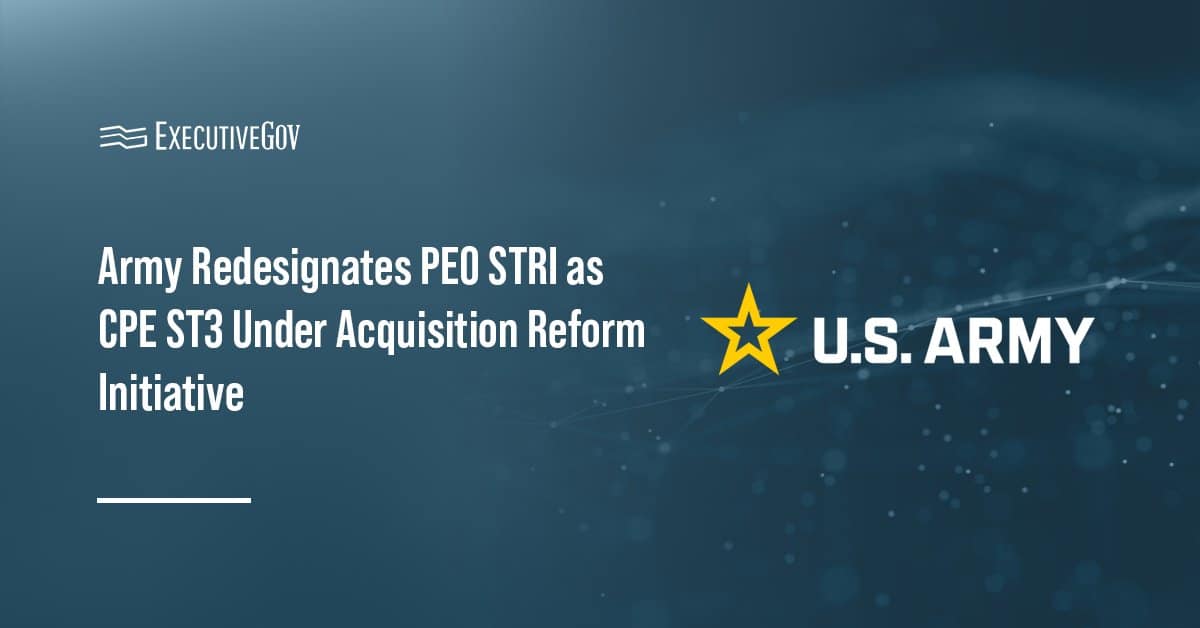The Spaceport Company, a.k.a. TSC, has secured a Phase 1 contract from the Defense Innovation Unit to develop and test maritime launch technologies over a one-year performance period.
TSC said Tuesday the first leg of the Novel Responsive Space Delivery project calls for a capability to rapidly send satellites to space from a unique, sea-going mobile space launch complex on a regular, commercial basis.
The prototype work is aimed at demonstrating mission-designed orbit delivery and testing the sea launch vessel’s autonomy-like features. DIU may award future modular phases to TSC depending on Phase 1 results.
“The only viable way to build enough launch site infrastructure to support such a vision is to build it on ships at sea,” noted Tom Marotta, CEO of TSC. “We are specialists in this area, having successfully launched four sounding rockets in one day from a commercial vessel.”





